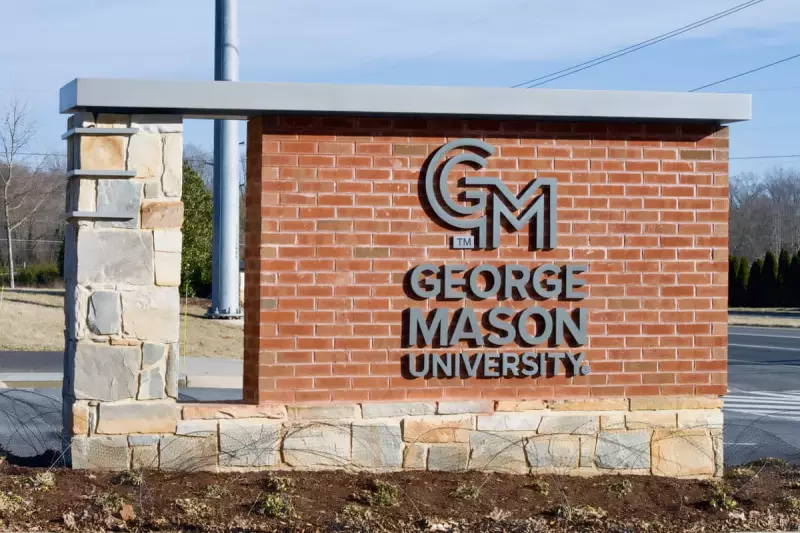
In a landmark decision that's sending ripples across Virginia's academic landscape, George Mason University has become the state's first public higher education institution to formally adopt the International Holocaust Remembrance Alliance's (IHRA) working definition of antisemitism.
The move comes amid growing national concern about rising antisemitic incidents on college campuses, yet simultaneously raises important questions about academic freedom and free speech protections.
What the IHRA Definition Means for Campus Life
The IHRA definition, which has been both praised and criticised internationally, characterises antisemitism as "a certain perception of Jews, which may be expressed as hatred toward Jews." More controversially, it includes specific examples related to criticism of Israel, such as:
- Denying the Jewish people their right to self-determination
- Applying double standards by requiring of Israel behaviour not expected of other democratic nations
- Drawing comparisons of contemporary Israeli policy to that of the Nazis
A Divided Response from Campus Communities
University President Dr. Gregory Washington announced the decision in a campus-wide email, framing it as "a crucial step toward combating hatred and ensuring our Jewish students feel safe and valued."
However, the move has drawn immediate criticism from various quarters. Palestinian advocacy groups and some free speech organisations argue the definition could potentially stifle legitimate criticism of Israeli government policies under the guise of combating antisemitism.
Dr. Alicia Fernandez, a professor of political science, expressed concern: "While we must unequivocally combat antisemitism, we must also protect the robust debate that's essential to university life. There's genuine worry that this could chill important conversations about Middle East politics."
Virginia's Political Landscape and Higher Education
The decision places George Mason University at the centre of a growing national debate. Virginia Governor Glenn Youngkin has been a vocal advocate for adopting the IHRA definition across state institutions, making this development particularly significant in the state's political context.
Jewish student organisations have largely welcomed the move. Rachel Goldstein, president of the university's Hillel chapter, stated: "This gives us concrete tools to address antisemitism when we encounter it. For Jewish students who've faced increasing hostility, this represents meaningful action from university leadership."
The National Context and Future Implications
George Mason's decision reflects a broader trend across American higher education. Numerous universities and colleges have grappled with how to address antisemitism while maintaining commitments to free speech and academic freedom.
The adoption comes as universities nationwide face increasing pressure from legislators, donors, and student groups to take clearer stances on campus discrimination. How George Mason implements this policy in practice will likely be closely watched by institutions across the country facing similar dilemmas.
As the university moves forward with implementing this new framework, all eyes will be on how it balances the crucial goals of protecting Jewish students from discrimination while safeguarding the open exchange of ideas that defines American higher education.





